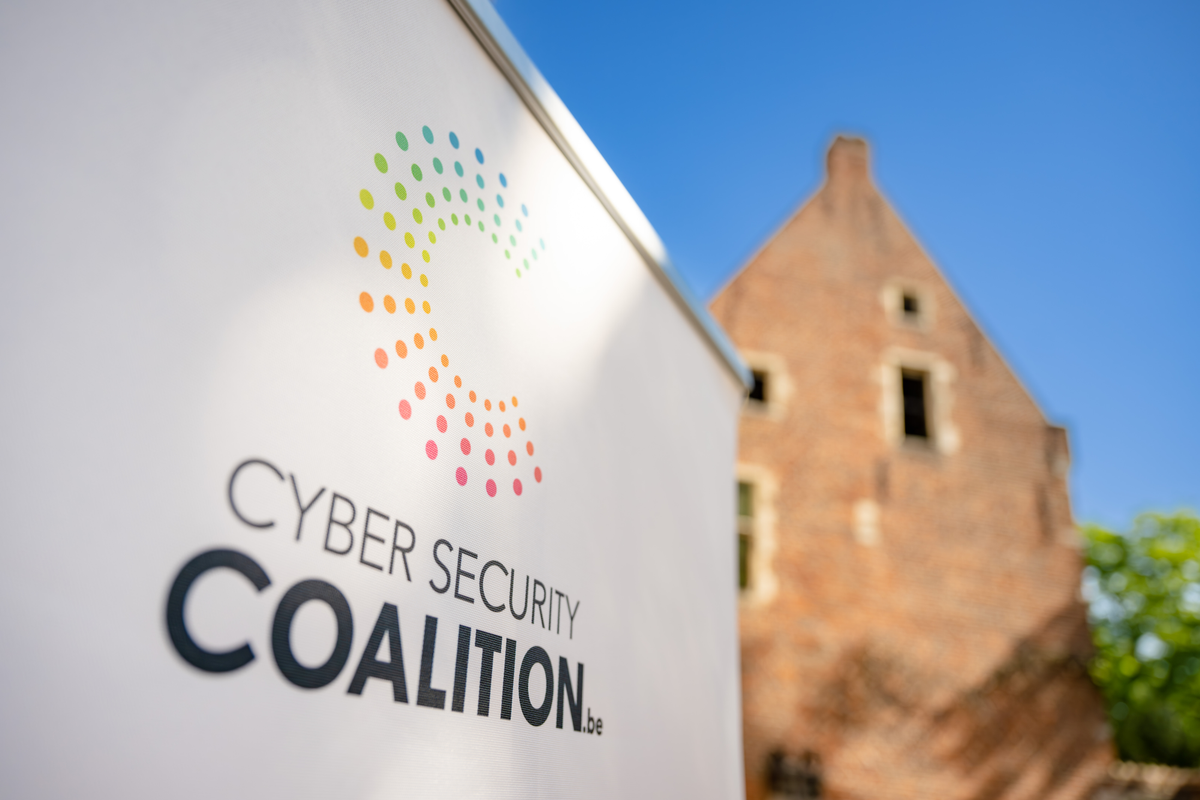Ellen Stassart became Head of Belgian’s National Cybersecurity Coordination Centre (NCC-BE) in 2022. She is the representative for Belgium in the Governing Board of the European Cybersecurity Competence Centre (ECCC). “To comply with European regulations, each Member State had to establish an NCC. In some countries, this body falls under federal services, such as economy or justice. In Belgium, the NCC is a transversal, national body under the Chancellery of the Prime Minister as part of the CCB,” Ellen explains the position of the NCC-BE.
The main task of the NCC-BE is to coordinate all cybersecurity investments for Flanders, Wallonia and Brussels, for the purposes of two major programmes. “This is about investments in the broad sense – money, manpower, time, training and so on – that fit into the framework of the Horizon Europe programme for research and innovation, and the Digital Europe programme. We help to make these actions concrete. In addition, it is also the NCC-BE's duty to support the ECCC in strategic tasks.”
European support
The European Commission directed the Member States governments to have a project proposal ready by 2023. “50% of the investment for this project is paid by the country itself, 50% is supported by the European Commission. By doing so, Europe is showing that it supports each country to set up more actions to enhance cybersecurity,” Ellen Stassart states. Although this assignment was not a competition, countries were ranked on their proposal. “Belgium made a strong commitment to invest in the NCC-BE, because this is a 50% Grant. Its preparation and submission were an administrative and bureaucratic adventure! Our proposal scored well, and we hope it will provide good support to beneficiaries in Belgium of future national and European funding.”
Our country can continue to count on another type of European support, as well. “Europe usually transfers funding directly to companies or agencies that submit a project. Something new is the extra funding that will be transferred directly to the NCCs, and that the NCC will distribute further on a national level. This is called the Financial Support for Third Parties and will amount to 240,000 euros for the four projects in 2025. The intention is to make this project budget much bigger in the future, because we believe in the premise that, as our country's national hub, we know much better where the priorities lie.”
Mutual reinforcement
The ECCC is only as strong as the group that is part of it. “This is why we choose to be a very active player in the Coalition Focus Groups. Belgium hosted a meeting mid-December to draw up a concrete and implementable action plan based on all the priorities. By taking an active role, we can ensure that priorities for our own strategic plan are incorporated as much as possible into the action plan.”
In order to know what the Belgian economy needs, as well as to create more awareness, the NCC-BE is gathering input from the field and the existing (cybersecurity) associations. We have to ensure we don’t reinvent the wheel; Ellen warns. “By creating an overview of the existing awareness initiatives, both in Belgium and in Europe, we can work together to reach each target group, in a dedicated way. We want to reinforce each other, but also create more synergies between regions and different groups.”
“The NCC strives to bring together all research, innovation, awareness and training initiatives, , and coordinate all this to make Belgium one of the least vulnerable European countries. We keep our finger on the pulse so that we know where to invest.,” Ellen Stassart concludes.





